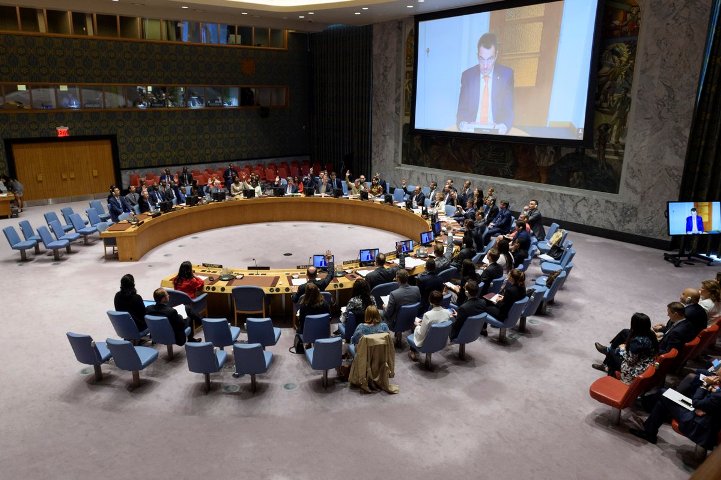Indigenous Voices Recognized: A New Chapter in Global Nature Conservation
The approval of a permanent consultative body for Indigenous peoples at the U.N. COP16 summit marks a pivotal step in global nature conservation efforts. This body aims to integrate traditional knowledge into conservation strategies, acknowledging Indigenous roles in biodiversity protection, and also extends recognition to African-descent communities.

In a significant development at the U.N. COP16 summit in Colombia, countries approved the creation of a permanent consultative body for Indigenous peoples to participate in United Nations decisions on nature conservation. This marks a landmark recognition of Indigenous contributions to safeguarding biodiversity.
The formation of this consultative body is hailed as a breakthrough by environmental and Indigenous advocates. It acknowledges the crucial role Indigenous peoples play in preserving some of the world's most biodiverse areas. The summit in Cali gathered nearly 200 countries aiming to operationalize the 2022 Kunming-Montreal Global Biodiversity Framework, with a goal to halt nature's rapid decline by 2030.
This new body will also reach local communities, integrating traditional knowledge and practices into conservation strategies. Moreover, countries agreed on a measure recognizing the contributions of people of African descent in caring for nature, facilitating their access to resources for biodiversity projects and participation in global environmental dialogues.
(With inputs from agencies.)
ALSO READ
Colombia Proposes Emergency Economic Decree to Bolster 2026 Budget
Colombian Government Seeks Economic Emergency Measures
Colombia Secures Major TES Securities Deal with Foreign Investor
TikTok's New Battlefield: The Lure of Child Soldiers in Colombia
Will safeguard biodiversity, traditional knowledge, while respecting cultural heritage: WHO DG at WHO Global Summit on Traditional Medicine.










